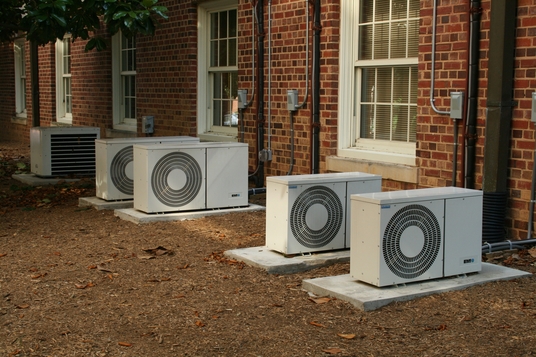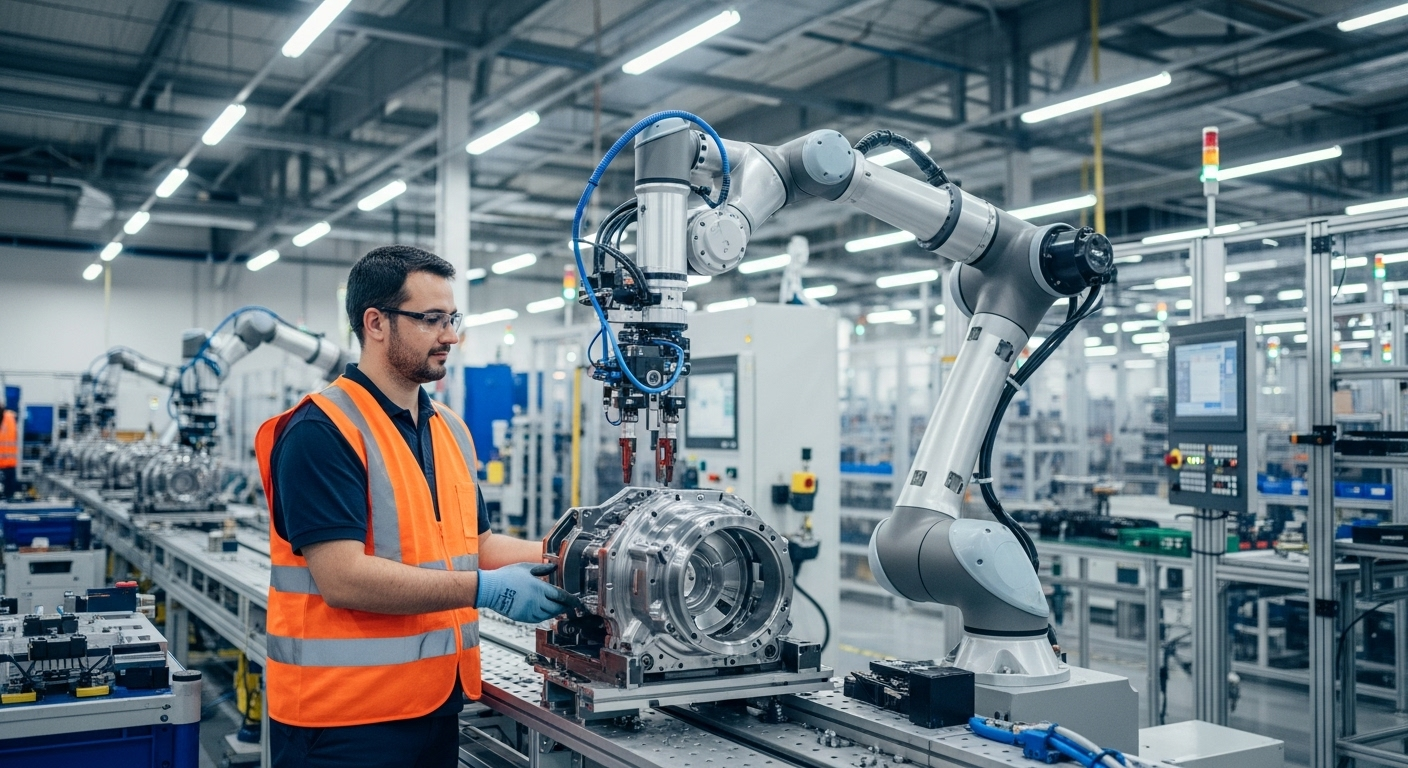Exploring the World of Air Conditioning Companies: A Comprehensive Guide
In today's world, air conditioning is not just a luxury but a necessity for comfort and health. Whether it's cooling down during the sweltering summer months or maintaining a consistent climate in commercial spaces, air conditioning companies play a crucial role. In this article, we delve into various aspects of air conditioning companies, from their services to choosing the right one for your needs.

Understanding Air Conditioning Services
Air conditioning companies offer a diverse range of services beyond simple installation. Most reputable providers deliver comprehensive solutions including system design, installation, preventive maintenance, emergency repairs, and even energy efficiency consultations. The breadth of services typically depends on the company’s size, specialization, and technical capabilities. National chains often provide standardized service packages, while local specialists might offer more customized approaches tailored to regional climate conditions and building types.
Professional air conditioning services also commonly include indoor air quality assessments, ductwork inspection and cleaning, refrigerant management, and smart thermostat integration. Understanding the full spectrum of available services helps ensure you partner with a company that can address both immediate cooling needs and long-term climate control strategies.
Key Factors When Choosing an AC Company
Selecting the right air conditioning company involves careful consideration of several critical factors. First, verify that potential providers hold proper licensing and insurance as required by your state or local regulations. Industry certifications such as NATE (North American Technician Excellence) or ACCA (Air Conditioning Contractors of America) membership indicate commitment to professional standards.
Experience matters significantly in the HVAC industry. Companies with extensive track records have likely encountered and resolved numerous system challenges across various building types. Customer reviews and testimonials provide valuable insights into reliability, punctuality, and service quality. Additionally, evaluate warranty offerings—both manufacturer warranties on equipment and service guarantees on workmanship—as these reflect a company’s confidence in their capabilities and commitment to customer satisfaction.
Finally, assess the company’s responsiveness. A provider that offers prompt emergency service and clear communication demonstrates reliability when cooling systems fail during extreme weather conditions.
Optimizing Home Cooling Solutions
Effective home cooling extends beyond simply installing the biggest air conditioner available. Professional HVAC companies conduct thorough home assessments, considering factors like square footage, insulation quality, window placement, ceiling height, and local climate patterns. This comprehensive approach ensures your system matches your specific cooling requirements without unnecessary energy consumption.
Modern air conditioning solutions for homes include traditional central air systems, ductless mini-splits, high-velocity systems, and even geothermal options. Each technology offers distinct advantages depending on your home’s architecture, your cooling preferences, and your energy efficiency goals. Reputable companies help navigate these choices by explaining the pros and cons of each option and providing transparent cost-benefit analyses.
Smart home integration represents another crucial aspect of contemporary home cooling. Leading air conditioning companies now offer systems compatible with popular home automation platforms, enabling temperature scheduling, zone-based cooling, remote operation, and even predictive maintenance alerts.
Professional Workplace Climate Control
Commercial air conditioning demands specialized expertise beyond residential applications. Workplace climate control must balance comfort requirements with operational efficiency, regulatory compliance, and budget constraints. Professional HVAC companies serving commercial clients typically offer comprehensive system design that accounts for occupancy patterns, equipment heat loads, and specialized environments like server rooms or manufacturing areas.
Building automation integration has become increasingly important for workplace climate control, with sophisticated systems that adjust cooling based on occupancy sensors, scheduled usage, and even weather forecasts. This intelligent approach maximizes comfort while minimizing energy expenditure. Leading commercial air conditioning providers also offer preventive maintenance programs tailored to business needs, often including priority emergency response and scheduled after-hours servicing to prevent operational disruptions.
Air Conditioning Company Pricing and Service Comparison
When evaluating air conditioning companies, understanding typical pricing structures helps establish realistic expectations. Most companies offer free initial consultations and estimates, while charging for diagnostic services once work begins. Installation costs vary significantly based on system type, building requirements, and regional factors.
| Service Type | Typical Price Range | What’s Included |
|---|---|---|
| AC Installation (Central) | $3,000-$7,000 | Equipment, installation labor, basic ductwork |
| Ductless Mini-Split Installation | $2,000-$7,500 | Indoor/outdoor units, installation labor |
| Annual Maintenance Plan | $150-$300 | Seasonal inspections, filter changes, priority service |
| Emergency Repair Service | $75-$200 (hourly) | Diagnostic fee, labor, common replacement parts extra |
| Duct Cleaning | $300-$500 | Inspection, cleaning of accessible ductwork |
Prices, rates, or cost estimates mentioned in this article are based on the latest available information but may change over time. Independent research is advised before making financial decisions.
Ensuring Long-Term Air Conditioning Performance
The relationship with your air conditioning company shouldn’t end after installation. Regular maintenance performed by qualified technicians significantly extends system lifespan while maintaining energy efficiency. Most manufacturers actually require professional maintenance to keep warranties valid. Established companies typically offer maintenance plans that include priority scheduling, discounted repairs, and regular performance optimization.
Beyond routine maintenance, quality air conditioning companies provide education on proper system operation, filter replacement schedules, and signs that indicate potential issues. This proactive approach helps prevent costly breakdowns and ensures consistent comfort year-round. Many leading providers now leverage technology for maintenance reminders, performance monitoring, and even remote diagnostics, creating a seamless customer experience while maximizing system longevity.
In summary, navigating the world of air conditioning companies requires understanding available services, evaluating provider qualifications, and matching solutions to your specific cooling needs. By approaching this decision with thorough research and clear requirements, you can establish a beneficial partnership with an air conditioning company that delivers reliable comfort for years to come.




